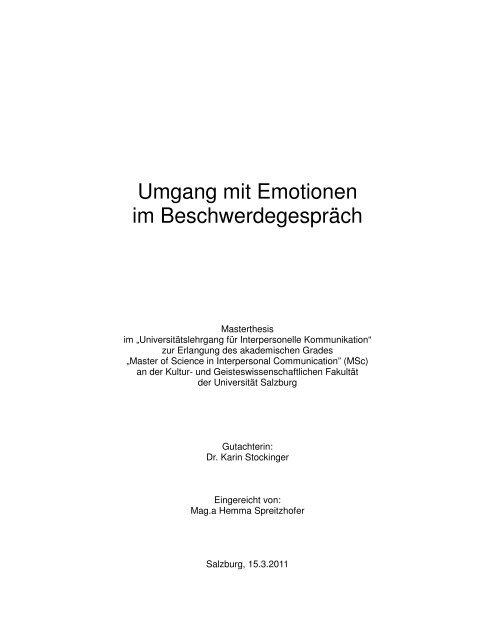
Stuttgart - As a great journalist, but who unfortunately "does not clearly separate private and professional" - that's how the Axel Springer publishing house tries to portray the man he was on Monday hours after revelations about his behavior as editor-in-chief of "Bild" and managing director of "Bild TV" shot: Julian Reichelt. At the media group's headquarters, they know that the current crisis requires strong gestures. Using all the rules of PR art, they try to give the affair its own spin: Reichelt made serious mistakes, but relying on him was not a mistake.
The investigative team of the Ippen media group researched how Reichelt led the "Bild" editorial team, that women in particular suffered from the climate, that there was said to have been a dangerous mix of sexual relationships and official dependencies. The fact that the publisher Dirk Ippen initially prevented the publication - he has now changed his mind and wants to allow it - embarrassed him, but did not protect Reichelt. The "New York Times" and many German media reported on research and attempted blocking. Much of what could have been in Ippen's newspapers, the "Frankfurter Rundschau" for example, can now be read online in the "Spiegel".

No real power in the election campaign
But it should be much more interesting for the public that with the self-important, agitating Reichelt, who courted the lateral thinker scene, not only a person but a strategy failed. Reichelt has made "Bild" a fighting sheet again, and the new channel "Bild TV" also followed his concepts. But even Reichelt's energetic demeanor could not have concealed the fact that "Bild" and "Bild TV" as a political power factor along the lines of Fox News have just failed miserably. In the federal election campaign, the paper and the TV offshoot tried to shift positions from the AfD to the CDU and to help a Union that was so obviously right-wing to win the election. That didn't even work in the beginning - and in broadcasting the quotas aren't even right. “Bild TV” got off to a weak start and declined sharply. The will to dubiousness is clearly recognizable, but there is a lack of momentum to produce something really scandalous, of the ideas of creating something controversial and unmistakable, of memorable minds that one has not had enough of seeing elsewhere.
Not very wise praise
This crisis is being registered especially in the media world of the USA, where Springer wants to expand through acquisitions and cooperations. Springer is not particularly serious at the moment, but not impressively effective either. The New York Times reported on the Reichelt case, citing a private text message from Springer CEO Mathias Döpfner, in which he praised Julian Reichelt as "the last and only journalist in Germany who bravely opposed the new GDR authoritarian state rebelled.”
Döpfner, currently also President of the Federal Association of Digital Publishers and Newspaper Publishers, is actually smarter than he sounds here. But now his values and standards are clearly in question.
The fact that Johannes Boie was named as Julian Reichelt's successor at "Bild", who came to Springer from the "Süddeutsche Zeitung" and most recently managed the "Welt am Sonntag", could indicate a hasty strategic change of course in the tabloids, Döpfner's willingness to not to rely on the crudest controversy as a business model for the time being.







